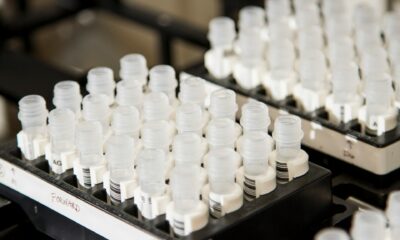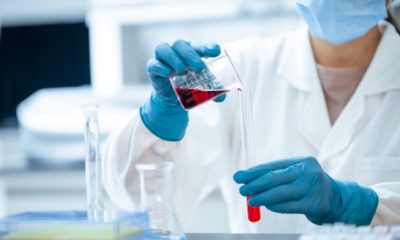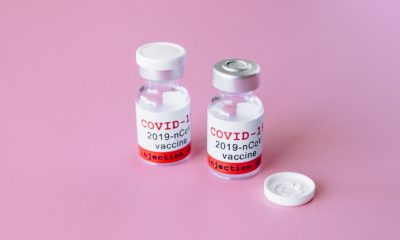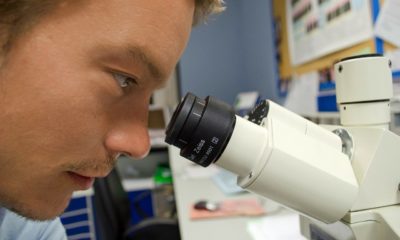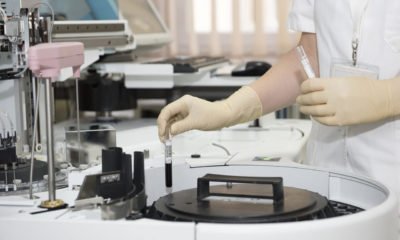Biotech
Making Genetics seeks €3 million to conduct a clinical trial in Europe
Making Genetics advances in genetics and epigenetics. The Spanish biotech company seeks $3.6 million (€3 million) to conduct a clinical trial in Europe. Making Genetics specializes in identifying, developing, implementing in the clinic, and licensing new diagnostic and prognostic panels combining genetic and epigenetic biomarkers.
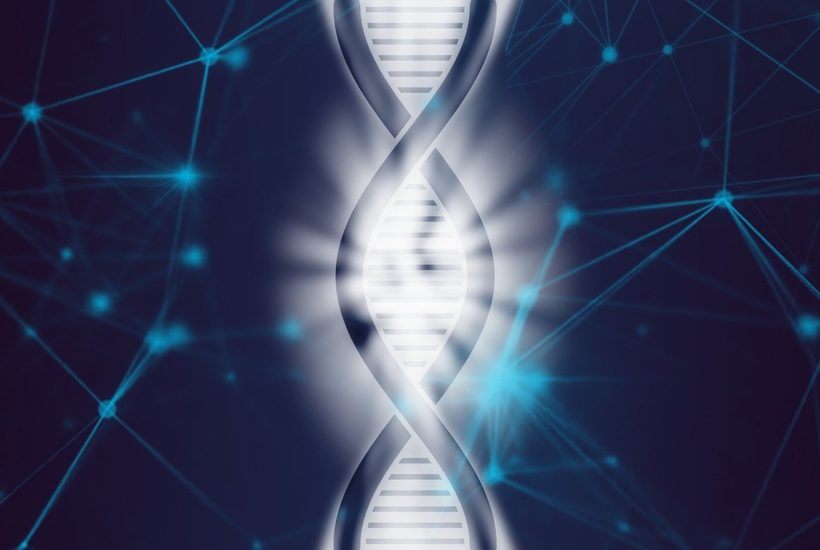
The Spanish company Making Genetics specializes in identifying, developing, implementing in the clinic, and licensing new diagnostic and prognostic panels combining genetic and epigenetic biomarkers.
Making Genetics is seeking $2.4 million to $3.6 million (€2 million to €3 million) in public capital in 2021. The company will use the funds to conduct a clinical trial in Europe to validate the test it has developed to predict the aggressiveness of rheumatoid arthritis.
Rheumatoid arthritis is a disease that causes inflammation of the joints, resulting in pain, deformity, and difficulty in movement, although it can also affect other parts of the body. “We are looking for funds at the European level with initiatives similar to Horizon 2020,” Javier Campión, co-founder, manager, and scientific director of Making Genetics, explained.
The prototype of the test has been validated in phase I of the European Union and this study would be phase II, a stage in which the algorithm has already been prevalidated in Spain. The clinical trial is expected to last three years and in two years to reach the pre-commercial phase, in which the validity of the algorithm will be demonstrated.
Read more on the subject and find other interesting business headlines with our companion app Born2Invest.
Making Genetics plans to reach the pre-commercial phase with its test in two years
In parallel, the biotech company will carry out other types of tests on the prototype, will advance in the pre-commercial phases, and will collaborate with hospitals while it obtains the permits. Making Genetics specializes in identifying, developing, implementing in the clinic, and licensing new diagnostic and prognostic panels combining genetic and epigenetic biomarkers. The company plans to start commercializing the test in 2024.
The company initiated this project in 2015 together with Hospital La Princesa, the Complutense University of Madrid, and two other companies after receiving an investment from the Retos Colaboración program of the Ministry of Science and Innovation. The idea of the project was to include epigenetic biomarkers in the genetic markers we already had and create a prototype.
The company, founded in 2013 and based in Noáin (Navarra), was driven by Campión, Cecilia Galbete, and Adriana Moleres. The initial idea was to develop new diagnostic algorithms in diseases based on epigenetics.
Making Genetics has received $601,000 (€500,000) of public capital since its founding in 2013
However, Making Genetics pivoted its business model towards services after holding talks with Sodena, the financial instrument of the Government of Navarra for the development of the business fabric of the community, through venture capital. This entity financed the company with a participative loan and the company also received a participative loan from Enisa.
The biotech company began offering epigenetic services to research centers and researchers. Making Genetics had a turnover of 10,000 euros in 2020. The company has received $601,000 (€500,000) of public capital since its foundation and the three founders hold 100% of the capital of the company, which has six employees.
On the other hand, Making Genetics is working on the development of a platform that will be used by the healthcare professional and can customize its algorithms according to the patient. “The platform can be more profitable than the test,” said Campión.
__
(Featured image by TheDigitalArtist via Pixabay)
DISCLAIMER: This article was written by a third party contributor and does not reflect the opinion of Born2Invest, its management, staff or its associates. Please review our disclaimer for more information.
This article may include forward-looking statements. These forward-looking statements generally are identified by the words “believe,” “project,” “estimate,” “become,” “plan,” “will,” and similar expressions. These forward-looking statements involve known and unknown risks as well as uncertainties, including those discussed in the following cautionary statements and elsewhere in this article and on this site. Although the Company may believe that its expectations are based on reasonable assumptions, the actual results that the Company may achieve may differ materially from any forward-looking statements, which reflect the opinions of the management of the Company only as of the date hereof. Additionally, please make sure to read these important disclosures.
First published in PlantaDoce, a third-party contributor translated and adapted the article from the original. In case of discrepancy, the original will prevail.
Although we made reasonable efforts to provide accurate translations, some parts may be incorrect. Born2Invest assumes no responsibility for errors, omissions or ambiguities in the translations provided on this website. Any person or entity relying on translated content does so at their own risk. Born2Invest is not responsible for losses caused by such reliance on the accuracy or reliability of translated information. If you wish to report an error or inaccuracy in the translation, we encourage you to contact us.

-

 Business2 weeks ago
Business2 weeks agoLegal Process for Dividing Real Estate Inheritance
-

 Fintech12 hours ago
Fintech12 hours agoJPMorgan’s Data Fees Shake Fintech: PayPal Takes a Hit
-
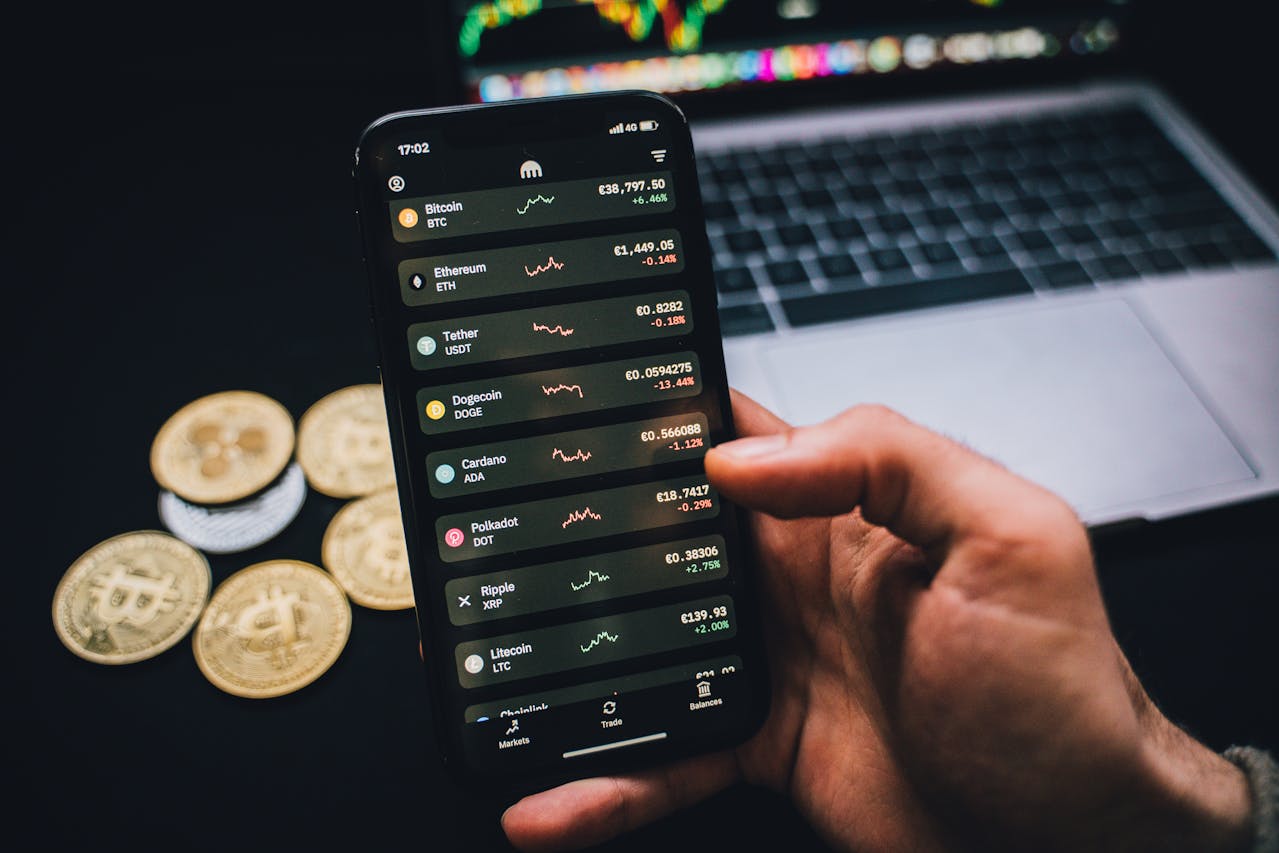
 Fintech1 week ago
Fintech1 week agoPUMP ICO Raises Eyebrows: Cash Grab or Meme Coin Meltdown?
-

 Africa3 days ago
Africa3 days agoSurging Expenditures Widen Morocco’s Budget Deficit Despite Revenue Growth
